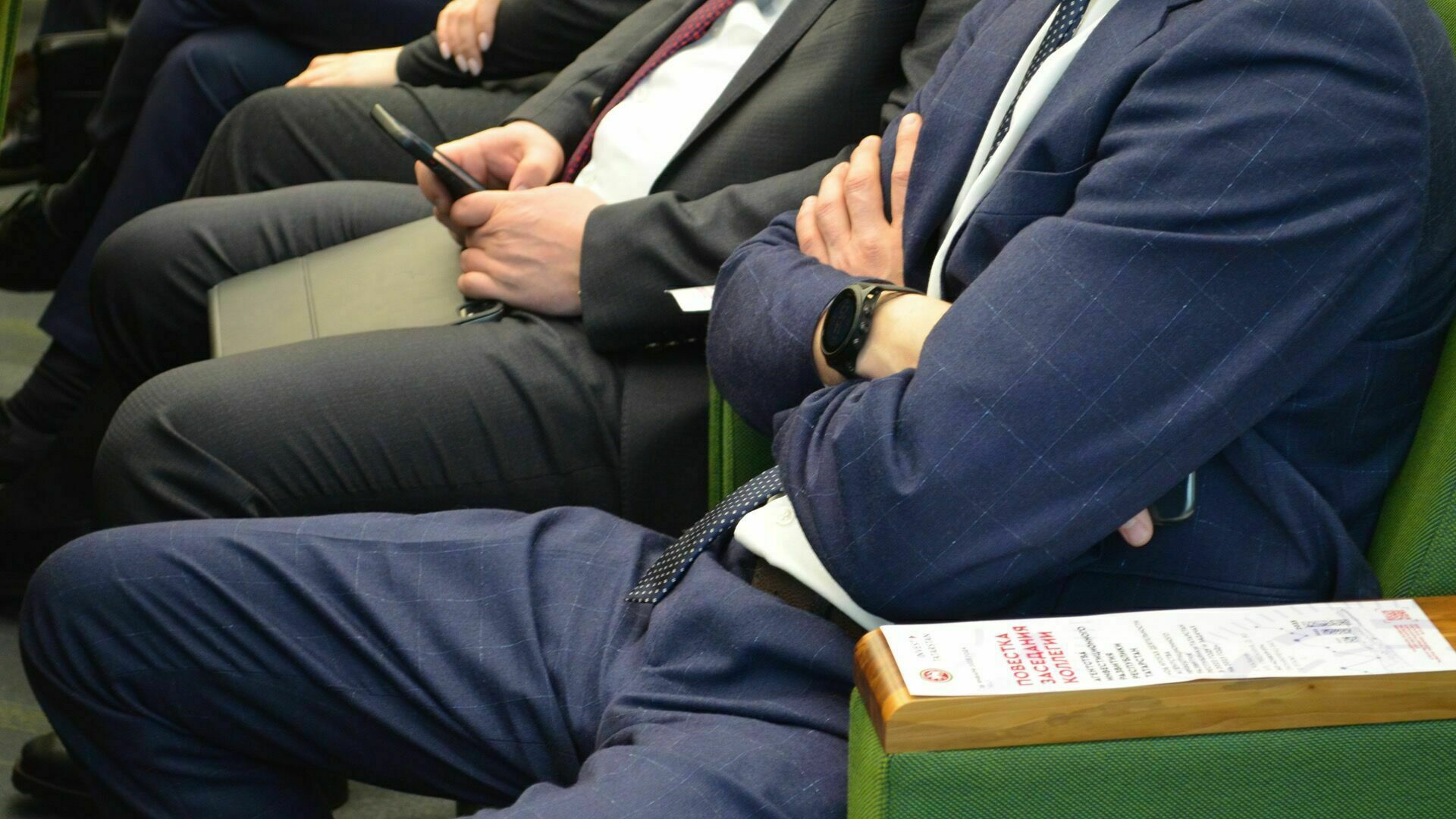
Deripaska dreams: officials in Russia have only learned to multiply in 20 years
Yekaterina Maximova
"The question has already matured that there is too much of this state apparatus and state capitalism. We need more freedom, really more freedom of competition", - Mr. Deripaska said (quoted by Kommersant)
It is best to answer the words of a businessman with statistical data. And they show that the bureaucratic apparatus in modern Russia shows miracles of vitality.
And no matter how many presidents of modern Russia (Dmitry Medvedev also insisted on optimization in the field of public administration in 2010) did not talk about the need to reduce the state apparatus, the figures indicate that the years are passing, and this very apparatus is swelling by leaps and bounds.
Here are the Rosstat data for 2000. There were 3.4 million managers of all levels in the country more than 20 years ago. Thus, 1,161 million people worked in state bodies, local self-government bodies and election commissions. At the regional level - 1,122 million people. There are 521 thousand people in federal government agencies. There are 192.8 thousand people in the state bodies of the subjects of the Russian Federation. There are 448 thousand people in local self-government bodies. So there were more than three million multi-level officials.
Since then, statistics have only grown and by the 20s, the official apparatus (of all levels, including judicial authorities) has grown to 5.7 million people in Russia.If civil servants and federal officials are singled out directly from this mass, then the figure, of course, will noticeably decrease.
About twice. And then the Rosstat data "fights" with relatively recent statements by the officials themselves.
So, in 2019, First Deputy Finance Minister Tatyana Nesterenko estimated that there are about 2.4 million officials in Russia. This is 3.3% of the number of people employed in the economy. And for every 10 thousand Russians, there are 163 state managers (that is, one state official has 61.3 wards). If Ms. Nesterenko had turned around 3-5 years ago, she would have recalled that then the alignment was different:
102 officials per 10 thousand people (RBC data for 2013).
Is it a lot or a little? Oleg Deripaska answered this question.
And the fact is: modern Russia has broken the record of the USSR era. There are no exact data, but closer to the 90s, there were 2 million state administrators. And then in the country of bureaucrats, 73 civil servants accounted for 10 thousand citizens. That is, for one Soviet official - 136 citizens. But there were not 145 million people living in the country at that time either.
And this Deripaska has not yet "dug" the municipal level, where the ratio of employees and ordinary citizens sometimes acquires frankly comical forms. Recall at least one story that was released at the federal level in 2020.
The governor of the depressed Kurgan region, Vadim Shumkov, said shortly after his appointment that the region was simply overflowing with "bosses." And it is no longer possible to maintain this army of managers with a deficit budget.
"There is a city administration, a city duma. In the district centers, which includes the city, there is a district administration and a duma. The districts include several dozen settlements, there are several dozen administrations and village dumas. Where is all this army needed?"— asked Shumkov and …
In three years, he has reduced about 6,500 staff units in the civil service, municipal administration and budget "summing up". What the governor recently reported in his telegram channel "silaVpravde (V. Shumkov)".Before this purge, there were 343 municipalities in the region with a population of 850 thousand people, each of which had its own administrative and managerial apparatus consisting of the head and his deputies. The deputy corps was also elected (up to 26 deputies!).
Economist Vladislav Inozemtsev, in an interview with Novye Izvestia, recalled that Russia is a country with an amazing economy.
"Nowhere in the world is there such that more than 50% of the population works in the public sector. And people receive a significant part of their income from the treasury. Teachers, doctors, security forces, military, pensioners, employees of Gazprom, other state-owned companies and companies with state participation - all these people are relatively protected in their income," notes Inozemtsev.
In general, it is unlikely that Deripaska's call will be heard. And for sure - it will not be executed.